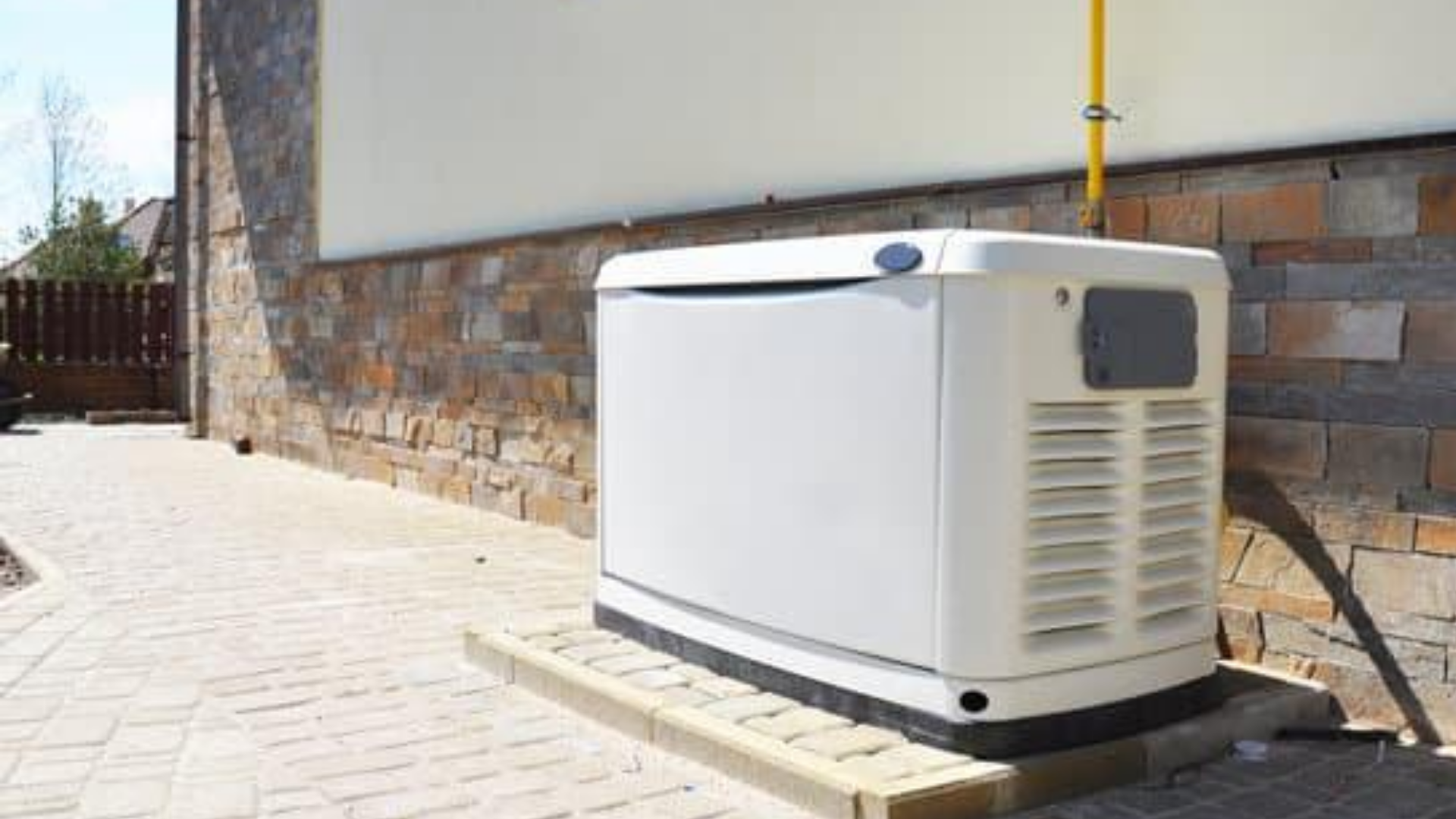Generators can be very handy when it comes to managing the effects of natural disasters and weather conditions. Often, huge storms and hurricanes can wipe out your electricity and having a generator in those times is not only convenient but may also be a lifesaver.
What Happens if you don’t ground a generator?
If you don’t ground your generator, it increases the chance of you getting electrocuted in case of any faults. Grounding your generator makes sure that in case of any malfunction, the extra current has a path to safely go away and the generator doesn’t use the body of the person touching it as a pathway instead.
Generators are not toys – they have a lot of potentials to be dangerous. Generators literally create electricity, and in the case of the slightest of problems, that electricity may change its route. Sometimes, the current may come into the casing or other parts of the generator which you touch.
Related Post:
- Can You Extend a Generator Exhaust – How?
- Is It Bad To Run A Generator Out of Gas? A Fact-Based Argument
- Generator Output Voltage Too Low – How Do I Increase It?
- Generator Voltage Too High(Problems & Quick Solutions)
- What Is Automatic Voltage Regulator(AVR) For Generator?
How To Ground A Generator?
To ground generators, a grounding rod is used. It is an eight feet long copper rod that is used to give a passage to the current. The grounding rod will allow your generator to smoothly flow its errant current into the ground.
What happens if you neglect to ground your generator?
If you don’t ground your generator, you will be putting yourself and everyone who touches the generator at risk of electrocution – or worse, death.
- Average generators hold a voltage of about 380 V. When a live ground fault happens in a generator unless its centre point is grounded, the other two live lines will rise from their 220 V voltage to 380 V voltage. This increases the risk of getting an electric shock. This is why the centre point of your generator should be grounded.
- People also ground their generator casing. If you don’t do that, in case of fire line insulation damage in the generator, the casing comes in contact with the iron core. This causes an electric current to come into the outer casing and will increase the risk of shocking anyone who touches it.
Do all generators need to be grounded?
If your model is referred to as a “separately derived system”, it needs to be grounded! If not, then it doesn’t. Check the transfer switch on your generator. If it can be transferred to a neutral or ground conductor, it has to be grounded. If it cannot be transferred, then you don’t need to ground it.
Another way to tell whether your generator needs to be grounded is by looking at its parts. This will confirm whether your transfer switch is transferrable or not.
- Firstly, check if all the components of your generator are bonded to the frame. Check for every component of the generator including, the fuel tank, generator engine, power receptacles, and housing. If all these parts are bonded to the frame, then you do not need to use a grounding rod as long as your frame is grounded. The errant current will simply flow into the ground through the frame. For this, however, your generator needs to rest on dry earth
- Secondly, if you are plugging appliances directly into the generator, then you do not need to ground it as long as you make sure the first criteria is met. If the components are all bonded with the frame, and you plan to use the generator directly with the help of extension cords, you do not need a grounding wire.
Most portable generators that are available nowadays are built in a way that they do not require grounding. The best way to check if your generator needs to be grounded or not is to read the instruction manual. The instructions of most modern-day generators explicitly state whether the grounding is necessary.
If the instructions in the manual are unclear or if you are still unsure after reading the instructions, consult a specialized electrician. It is always much better to be over-cautious and stay safe than to not bother and regret later.
Connecting the generator to your home’s circuit breaker
But, do not be fooled into thinking that you can get away without grounding your generator if it is all connected to the frame. If you are plugging it into your house’s circuit breaker through a manual transfer switch, or if you are using it as an electrical supply to a building, then grounding is absolutely necessary.

